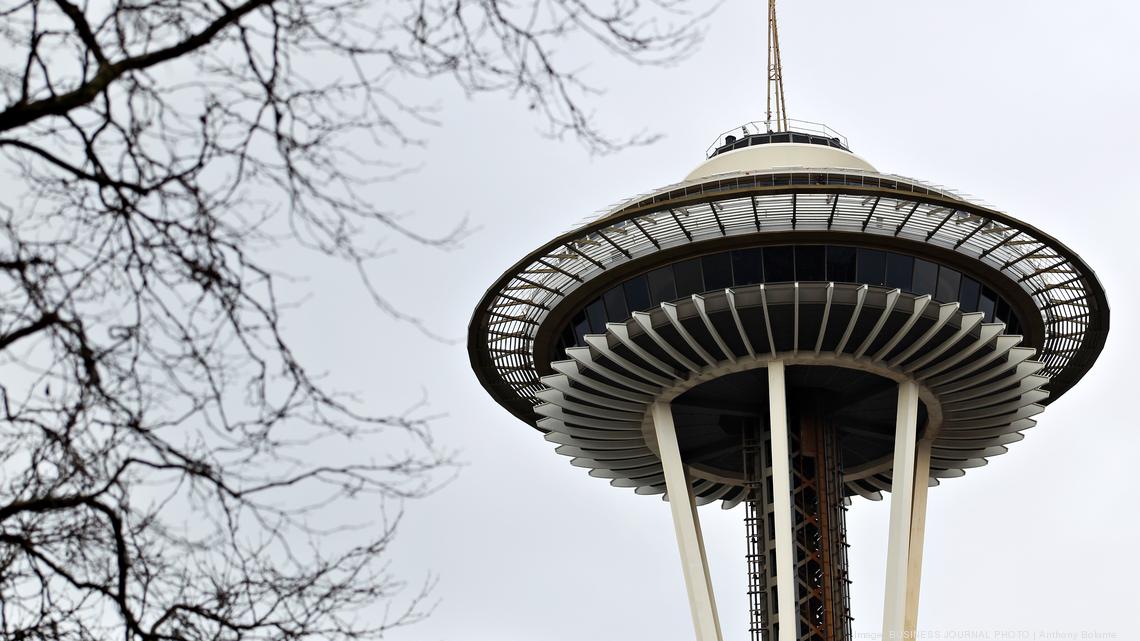Phishing scams have evolved well beyond the “Nigerian prince” email ruse that for more than two decades has duped people into wiring cash abroad. Phishing solicitations trick unsuspecting recipients into sending money, sharing passwords and financial information, and installing malicious software. It arrives via email, ads, social media sites, chat tools and embedded in documents.
A Seattle-based startup called PhishCloud is helping businesses and their employees identify and avoid these common cyberattacks. The service analyzes and scores all of the links that subscribers come across, flagging them in green for safe links, yellow for suspicious content and red if deemed unsafe. The average internet user sees between 500-1,000 links per week, said PhishCloud CEO and founder Terry McCorkle.





